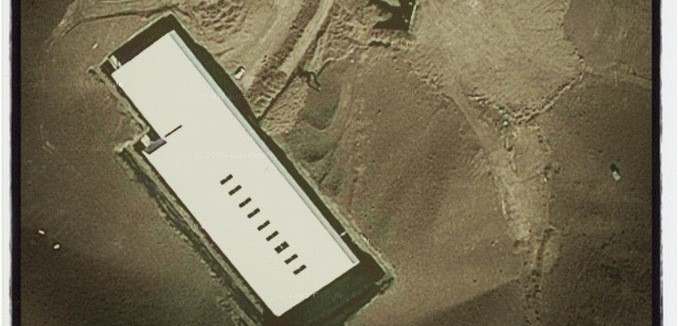Saying that “[t]his process cannot continue indefinitely,” the International Atomic Energy Agency (IAEA) today released its latest findings about Iran’s nuclear program and reported that Iran is still not cooperating with the nuclear watchdog, in violation of the commitments it made in the November 2013 Joint Plan of Action (JPOA).
Concerning safeguards implementation in Iran, the Agency continues to verify the non-diversion of nuclear material declared by Iran under its Safeguards Agreement. However, the Agency is not in a position to provide credible assurance about the absence of undeclared nuclear material and activities in Iran, and therefore to conclude that all nuclear material in Iran is in peaceful activities.
The Agency continues to undertake monitoring and verification in relation to the nuclear-related measures set out in the Joint Plan of Action agreed between Iran and the E3+3 countries.
Iran has yet to provide explanations that enable the Agency to clarify two outstanding practical measures agreed in May 2014 in the third step of the Framework for Cooperation. Iran also has still to propose new practical measures.
The JPOA (.pdf) required Iran to account for all of its past nuclear research in order to determine if it was doing nuclear weapons research:
A Joint Commission of E3/EU+3 and Iran will be established to monitor the implementation of the near-term measures and address issues that may arise, with the IAEA responsible for verification of nuclear-related measures. The Joint Commission will work with the IAEA to facilitate resolution of past and present issues of concern.
For months now, the IAEA has reported on Iran’s stonewalling. Today’s report echoes the assessment of Yukiya Amano, Director General of the IAEA, at the end of January.
Failure to establish the full extent of Iran’s past nuclear weapons research will make it impossible to ensure that Iran does not have an existing clandestine weapons program. Omri Ceren, The Israel Project’s managing director for press and strategy, explained this last October. The Israel Project publishes The Tower.
At stake are international concerns over the so-called possible military dimensions (PMDs) of the Iranian nuclear program, the central significance of which has sometimes been underplayed by voices within the foreign policy community. While the P5+1 is charged with negotiating over Iran’s uranium work, its plutonium work, and its ballistic missile work – all of which the Iranians are obligated by half a dozen United Nations Security Council (UNSC) resolutions to roll back – the IAEA seeks to establish the scope of Iran’s overall atomic program, including in those three more specific areas.
The mandate stretches beyond full-blown weaponization work, and into military involvement in uranium mining, centrifuge construction, and so on. Full Iranian disclosure is considered a minimum to establishing a robust verification regime: The IAEA can’t verify that Iran has met its obligations to limit uranium work, for instance, unless it knows the full scope of the uranium work that’s being done. PMD-related transparency is seen as not just another issue – say, one that Iran could refuse to trade away by making concessions in other areas – but as a prerequisite to verifying Iranian compliance across all issues.
As today’s IAEA statement put it, it is unable to “provide credible assurance about the absence of undeclared nuclear material and activities in Iran, and therefore to conclude that all nuclear material in Iran is in peaceful activities.”




